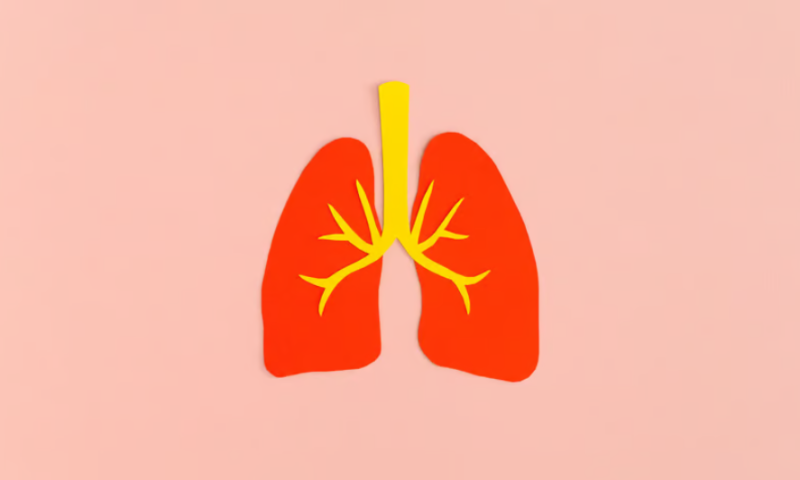Bayer has dropped an acute respiratory distress syndrome drug in phase 2 development for “scientific reasons,” the German pharma giant revealed in its latest earnings results.
The company “decided not to pursue further development activities” for the drug, called adrenomedullin pegol, in May, Bayer said in this morning’s second-quarter earnings release (PDF). Adrenomedullin is a human hormone that is involved in vasodilation, among other activities.
A phase 2 trial of the inhaled formulation wrapped up at the end of last year, according to ClinicalTrials.gov. While Bayer only alluded to “scientific reasons” as the cause of its decision, a note attached to the trials register said the study was terminated due to the results of part A of the trial and “not due to any safety data.”
It was not until May that the company decided “not to pursue further development activities” for adrenomedullin pegol, Bayer added.
Picking out some other notable pipeline developments over the first half of the year, Bayer used the same document to reaffirm two previously disclosed phase 2 pipeline culls. The company explained that a decision was made in April to halt work on runcaciguat, a soluble guanylate cyclase (sGC) activator that was being developed for chronic kidney disease (CKD).
Bayer didn’t give a reason for the decision, but did point out that it hasn’t given up on its sGC program entirely. The company is still pushing ahead with another sGC activator called BAY3283142. The oral therapy, which is currently in a phase 1 trial for CKD, is considered by Bayer to be a “follow-up” therapy to runcaciguat, with the added benefit of an “improved pharmacokinetic/pharmacodynamic profile.”
Finally, the company explained that a BDKRB1 receptor antagonist was benched because of the results of a phase 2a trial in neuropathic pain.

